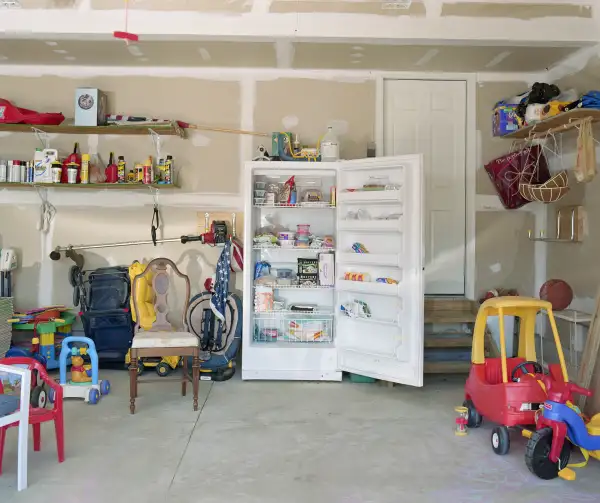How Do You Know When You're Upper Middle Class?

Are you a member of the upper middle class?
It’s not exactly easy to say.
The majority of Americans think they’re middle class—even if they don’t really know what defines the group. Income may be the clearest defining characteristic: The Pew Research Center says roughly half of the U.S. population falls in the middle-income brackets, those with 2010 earnings ranging from $35,294 to $105,881. And in 2016, the median household income was $59,039, according to U.S. Census Bureau.
By that formulation, the upper middle class might be the fourth-highest income quintile—the one above the middle but below the wealthiest. Those households range from $74,875 to $121,017 in income, nationally.
But of course the relative strength of your income depends largely on where you live. In New England, the Census Bureau says, median income jumps to $70,077. In the central southeast states, it falls to $47,356. That means an upper-middle-class salary in the Tennessee might barely qualify for middle class in Massachusetts.
There are other ways to think about the matter.
Some loosely define the middle class through home ownership—the median income of homeowners ($73,313) is roughly 80% higher than the income of renters. In that case, perhaps upper middle class means owning a home valued above the median price of $201,900, according to Zillow. Here again, though, geography matters. In major metropolitan areas, sky-high rents place home ownership outside the reach of even many professional workers.
Eighty-nine percent of Americans think having a secure job is a requirement of being in the middle class, and 86% think the ability to save is a key element, according to a Pew survey.
And a four-year college degree is often considered a prerequisite for maintaining a middle-class lifestyle—bachelor's degree recipients, on average, earn much more over a lifetime than peers with less education—but there are exceptions.
So maybe the upper middle class is defined less by hard numbers than by behavior: Do you buy groceries without looking at the price tag? Do you pay off your bills each month without worrying? How do you decide it's time for a new car?
If that’s the case, what sort of other habits define upper middle class? Reddit users have a few thoughts.
Read more: What Screams Upper Middle Class?
